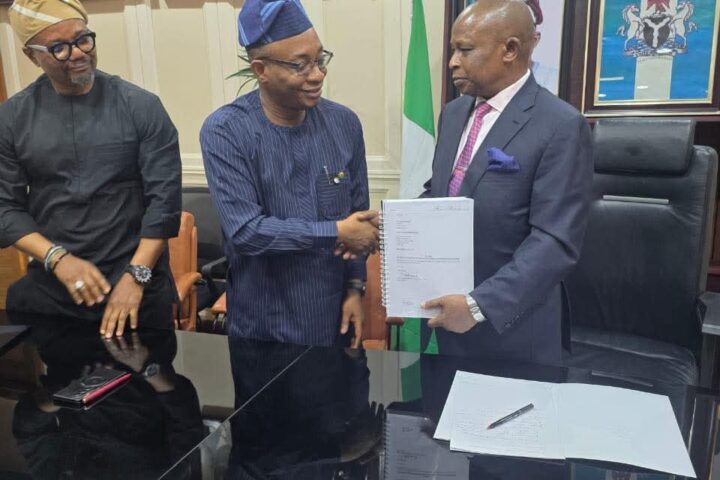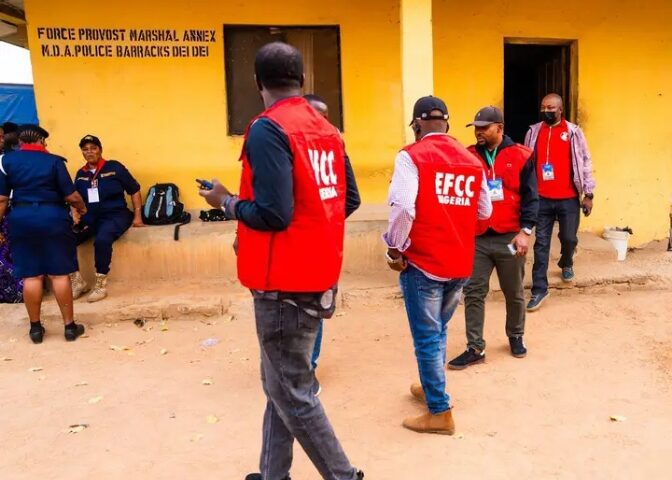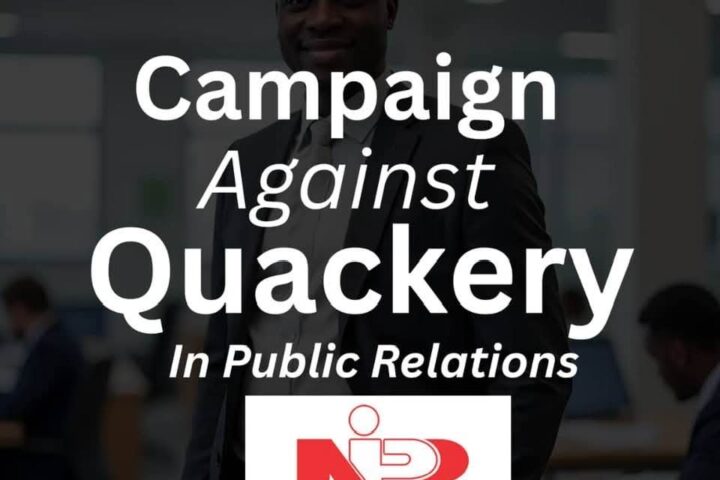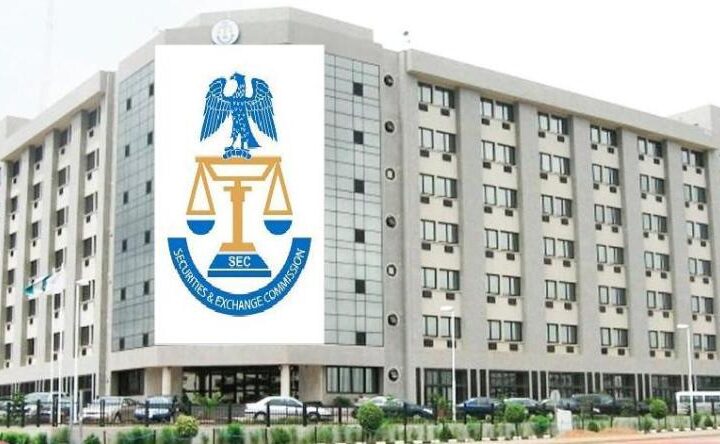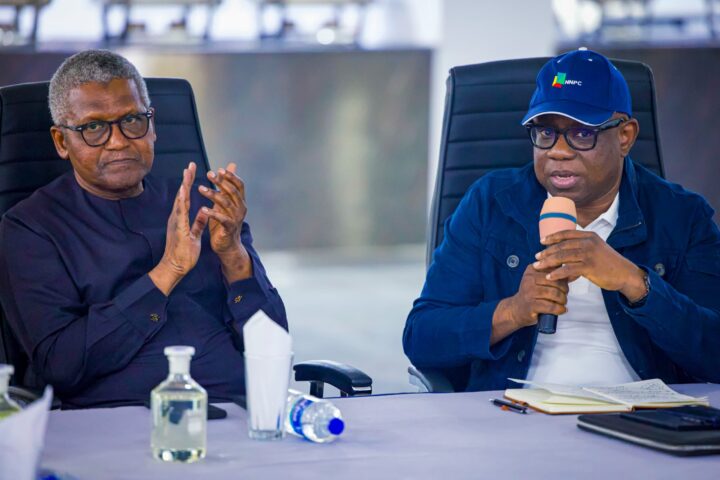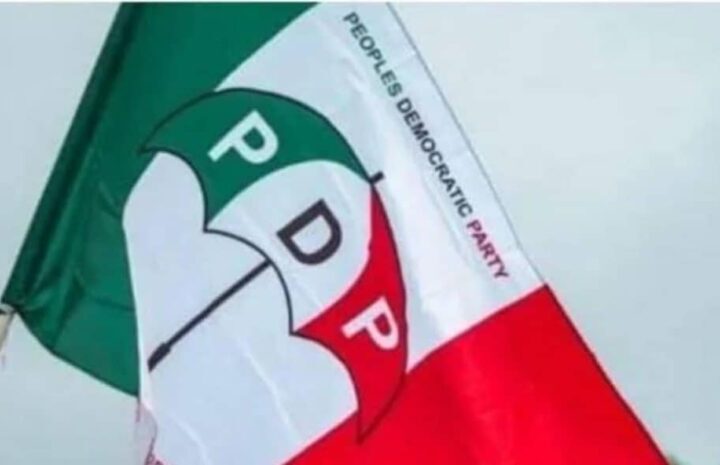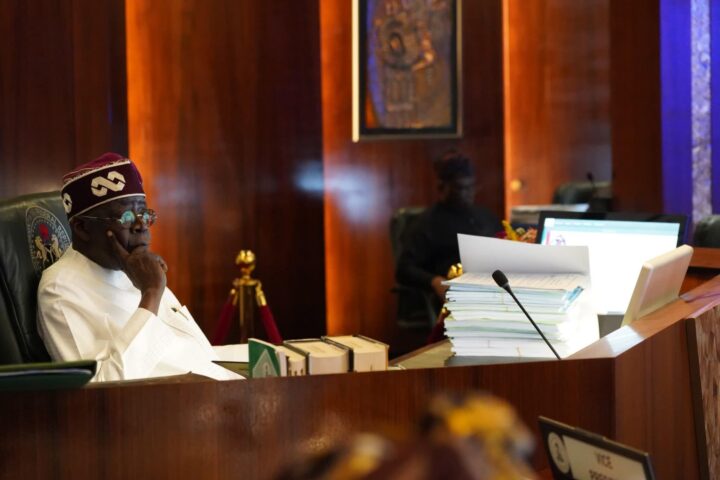Mohammed Shosanya
Executive Director of Civil Society Legislative Advocacy Centre,CISLAC,Auwal Musa Ibrahim Rafsajani,says Nigeria needs transparent ownership of companies operating within its jurisdiction in order to stop the bleeding from illicit financial outflows.
He spoke at a two-day Civil Society Organisation and Media Training on the use of Beneficial Ownership Information to improve natural resource governance in Nigeria.
The extractive industry,he said, must be run transparently and accountably because it’s the backbone of the nation’s economy.
According to him, Nigeria proved its desire to implement beneficial ownership transparency (BOT) commitments when it participated in the beneficial ownership pilot in 2015, signed up to the Open Government Partnership initiative in 2016 and complied with the principles and requirement of the global Extractive Industries Transparency Initiative (EITI) to establish a beneficial ownership (BO) register by 1st January 2020.
He added:”NEITI published Africa’s first beneficial ownership register, and the first globally to focus on the lucrative oil, gas and mining sectors in December 2019. The Corporate Affairs Commission (CAC), on its part, made more far-reaching contributions to the process through the enactment of the 2020 Companies and Allied Matters Act (CAMA) which gave legal backing and made provisions for a larger register for all corporate entities in the country.
” Further to this, the CAC, towards advancing legal and technical requirements to achieve BOT reforms in Nigeria, established a public Persons with Significant Control Register and is now collecting beneficial ownership data in line with Open Ownership’s data standard, making Nigeria the first country in Africa to do so.
“The expectation is that the Register would greatly enhance the fight against corruption and criminality by facilitating investigations by law enforcement agencies into the true ownership and control of companies and limited liability partnerships; supporting civil society organisations in promoting citizens’ participation in public accountability and governance.
“There was also need for strengthening the capacity of the media to perform their traditional roles as watchdogs of the society.In the course of these achievements, civil society partners sustained interventions to galvanize support from government and non-state champions for the advancement and realization of this commitment towards a more transparent and accountable extractive sector governance regime.We must however not rest on our oars as the register is not an end in itself but a means to an end”
He emphasized that while it remains a significant effort in the fulfillment of the commitments to strengthen anti-corruption reforms and corporate accountability, it is only as important as its utilization in detecting, preventing, reporting and sanctioning corruption in the sector.


